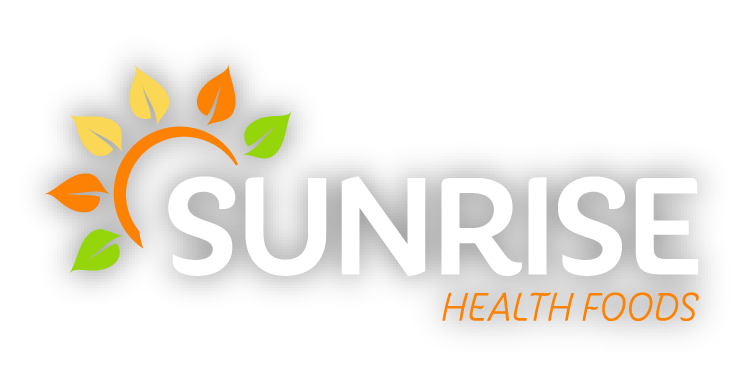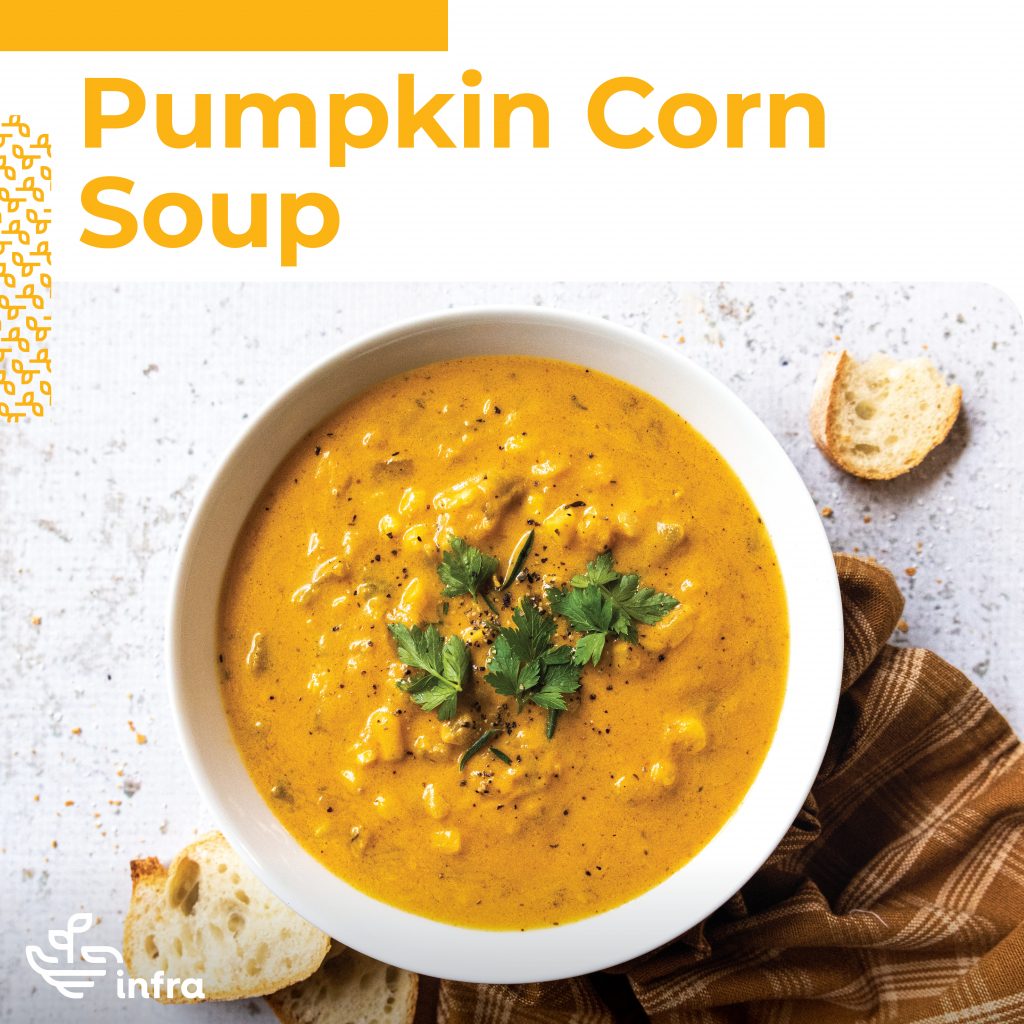Nutrients help maintain healthy blood pressure
Magnesium in prediabetes
In prediabetes, blood sugar levels are chronically high, and the body may also become less sensitive to insulin, a condition called insulin resistance. Doctors reviewed 11 recent placebo- controlled magnesium studies covering 543 people with prediabetes or insulin resistance. Doses in the studies ranged from 365 to 450 mg of magnesium per day and lasted from one to six months.
Overall, those taking magnesium supplements saw systolic and diastolic blood pressure decline by 4.18 and 2.27 mmHg, respectively. Doctors said the magnitude of improvement in blood pressure has great clinical significance not only in prediabetes but for those with type 2 diabetes and chronic heart problems. Magnesium appears to improve the flexibility of blood vessel linings, helping to lower blood pressure.
Vitamins D and K 
Earlier studies found a link between low levels of vitamin D, or vitamin K, separately, and chances for heart and vascular problems, but new research suggests when both nutrients are low, chances for developing high blood pressure increase.
Doctors analyzed levels of vitamins D and K in 231 people participating in a long-term aging study that began in 1992 and continues today. Those whose levels of vitamin D were below 20 nanograms per milliliter of blood and whose vitamin K levels fell below 323 picomoles per liter of blood had systolic and diastolic blood pressure 4.8 and 3.1 mmHg higher, respectively, compared to those with better levels of vitamins D and K.
Discussing the findings, doctors said the combination of low vitamin D and K was linked to increased blood pressure, and that this relationship could play a role in developing high blood pressure.
Reference: American Journal of Clinical Nutrition; July, 2017, No. 155291, Published Online
Natural Insights for Well Being January 2018
We’re dedicated to discovering the benefits of good nutrition and healthy lifestyle, and hope the above article informs and inspires you to take an active role in your health.
Articles shared on our site are to provide nutritional information only and do not replace professional medical advice.



